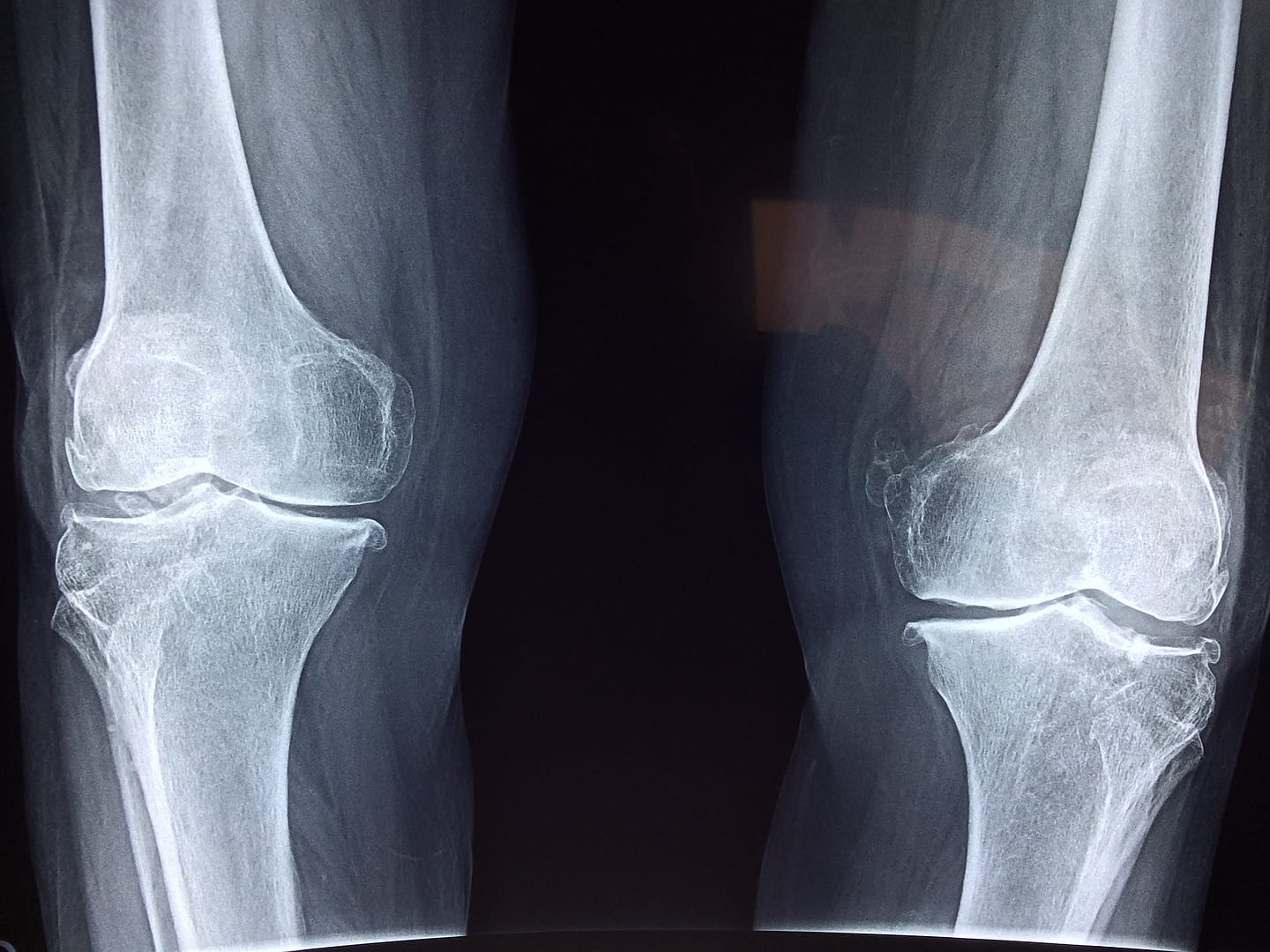What we can do to keep them strong.
One of the less appealing aspects of getting older is the loss of density in our bones. Basically, the less dense they are, the more likely they are to fracture or break. For women, this can be extra tough, not least when the menopause sets in – an inevitable drop in oestrogen around this time is a major cause of bone loss. Men fair a bit better but don’t get off scot-free; as they age, levels of testosterone fall, and this too leads to bone loss. Other contributory factors include a sedentary lifestyle and poor diet.
All is not lost
BUT…(and it’s a very big but), there is much we can do to actively reverse this process and rebuild much of that bone density loss. And without question, one of the most effective ways is through regular exercise, not least weight-bearing exercises such as walking, dancing, and lifting weights, and/or using resistance bands. Such exercise helps stimulate bone growth and increase your bone density. Also, this type of activity will help you strengthen the muscles that support those bones.
Diet
Another important factor in all this is diet, especially ensuring there is enough calcium and vitamin D in your diet. Whilst calcium is essential for strong bones, vitamin D helps the body absorb that calcium in the first place. Good sources of calcium include dairy products, leafy green vegetables, and fortified foods such as orange juice and some types of tofu. Vitamin D-rich foods includes oily fish such as salmon or mackerel (fresh or tinned) and fortified foods such as cereal and milk. And when the sun’s out, take advantage – sunlight actually helps your body manufacture vitamin D.
Fags ‘n’ Booze
In addition to exercise and a healthy diet, knocking smoking on the head and limiting your alcohol consumption can also help improve bone health. It’s important to speak with a healthcare professional before starting any new exercise or dietary regimen, especially if you have a history of osteoporosis or other bone-related conditions.
By taking these steps to improve bone health, us more mature older adults can significantly reduce the risk of breaks and fractures – and so, maintain our mobility and independence.
Do you have a comment or story to share relating to this article? Simply scroll down below – we really value your input.
To join in the conversation & comment you need to log in here or create an acount using the button below.



0 Comments